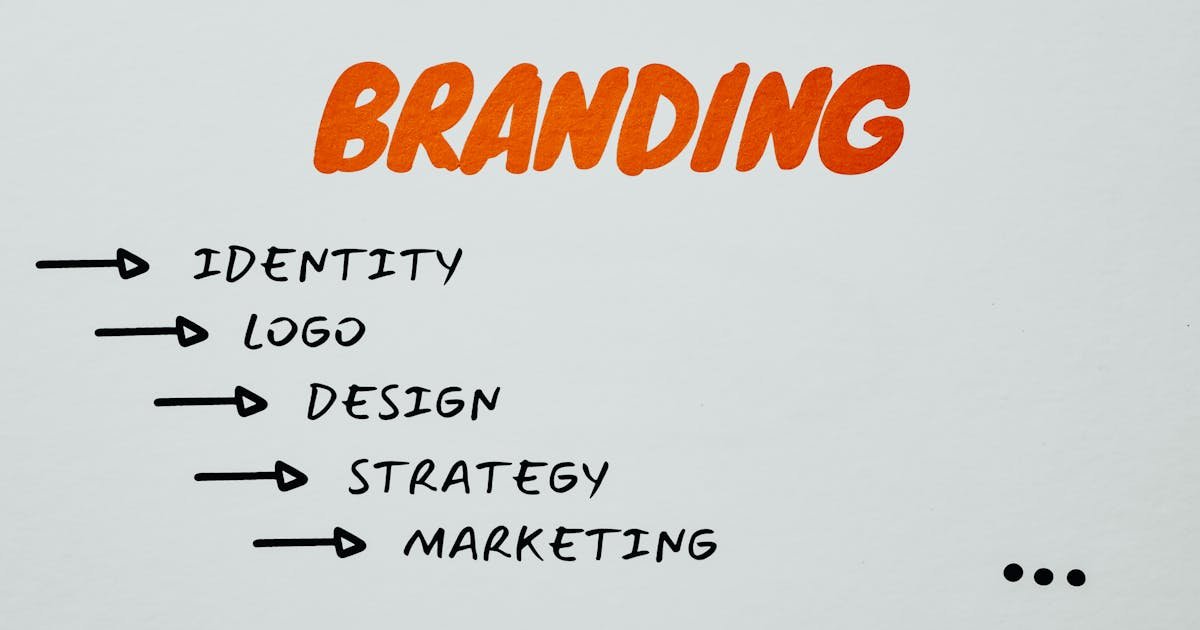B2B and B2C: what are the differences?
Sales marketing has been fundamental for companies and, in this case, there are two very important acronyms that stand out: B2B ( Business to Business or Company to Company) and B2C ( Business to Consumer or Company to Consumer) .
Furthermore, these two strategies have different variations, but with the main objective always in common: increasing sales of your products and services .
Now, in this post, we will talk about what B2B and B2C are, what are their market differences, and what are the advantages of each for your company’s areas.
Let’s see some of the topics we will approach about distinctions between B2B and B2C models:
- Sales cycle;
- Customer behavior;
- Marketing and advertising;
- Advantages and disadvantages;
Follow now!
Sales cycle
As a matter of some importance, during the time spent deals, there are various contrasts somewhere in the range of B2B and B2C. By and large, the B2B deals cycle is significantly longer than B2C. This is made sense of by the way that in B2B deals, more individuals need to pursue choices on that deal, and the item or administration is normally more convoluted. While in B2C, the cycle is normally more direct, affecting not many individuals in significant choices.
One more significant perspective in the B2B deals cycle is discussion, which isn’t generally imaginable during B2C exchanges.
Customer behavior
As a matter of fact, it is very simple what the principal distinction somewhere in the range of B2B and B2C truly is: the designated crowd for every one. In the B2B, organizations sell items as well as administrations to different organizations, though in the B2C model, organizations sell items and additionally benefits straightforwardly connected with the last shopper.
In this way, customer behavior also has numerous differences between B2B and B2C business strategies.
In a B2B deal, as it affects a few group, the buying choice depends on a few variables, like cost, quality, highlights, among others. While in B2C, the buying choice is more connected to the customer’s craving, need and experience.
Therefore, the decision-making process in the two models is very different, starting with the degree of complexity. In the B2B model, this decision is more formal, with detailed analyses, opinions from different parties and consideration of very specific requirements. While in B2C the decision is more close to home, as it is straightforwardly connected to that client’s craving/need and furthermore to the buyer’s relationship with the brand.
B2B and B2C marketing and advertising
In the case of B2B , companies use direct marketing , that is, they use events and campaigns to attract new leads and possible customers. They are also used personally, through visits from salespeople specialized in providing specific consultancy to help the customer make a decision.
In B2C , companies use various marketing channels , such as social networks, content marketing and influencer marketing, precisely to attract new leads who are looking for that particular product and/or service.
In this sort of offer, venders and channels offer the important help to address the issues of the end buyer, having the option to do exchanges genuinely as well as on the web.
Advantages and disadvantages of B2B and B2C
Each strategy partakes in its advantages and shortcomings, both in B2B and B2C. As such, we have recorded some of them underneath:
Advantages of B2B:
- Large volume sales: one of the advantages of B2B marketing is large-scale sales. Companies buy large quantities of products and/or services at once, favoring a high rate of profitability in a single sale.
- Long-term relationship: the B2B model involves a longer-term relationship with customers, building more solid and lasting relationships.
- Less seasonal sales dependence: B2B companies are less dependent on seasonal sales that occur throughout the year. As customers consume products and/or services throughout the year, demand becomes more stable.
Disadvantages of B2B
- Limitation on customer profile: B2B model enterprises have a limited customer audience, as they only sell to other companies. In this sense, organizations need strategies to increase their customer base.
- Longer sales cycle: sales phases in the B2B model take longer to complete. In these cases, the decision-making process involves several people, which ends up making closing the sale difficult.
- High competition: finally, due to the greater specification of the target audience, competition can be very intense.
Advantages of B2C
- Broad target audience: in the B2C model there is a greater variety of potential customers to reach.
- Greater sales opportunity: consumers buy products and/or services more frequently, creating more sales opportunities compared to the B2B model.
- Reduced sales cycle: customers tend to make purchasing decisions more quickly and easily, which makes it easier to close purchases, unlike the B2B model.
Disadvantages of B2C
- Small volume sales: B2C model companies generally have small volume sales, that is, it is necessary to make a greater number of sales to reach the desired profit target.
- High competition: competition between B2C companies is very intense, especially in some niches, such as clothing and technology.
- Dependence on seasonal sales: B2C companies’ main sales opportunities are through commemorative dates (such as Christmas, Valentine’s Day, Mother’s Day and Children’s Day) and seasonal sales. In this sense, organizations need to sell in high amounts during top deals periods, as well as requiring new methodologies to increment deals at different seasons.




